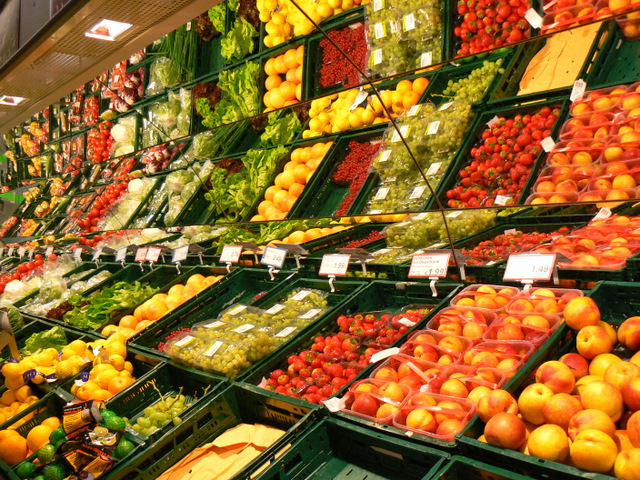How will Australia’s “slave labour” enquiry affect supermarket prices

Some of Australia’s biggest supermarket chains are sourcing food from farms and factories that participate in extreme labour exploitation, according to ABC’s Four Corners investigation.
The damning exploration found that migrant workers from Europe and Asia are being routinely abused and harassed in the workplace, prompting an enquiry into the use of certain visas throughout the country.
Other allegations that have arisen include sexual harassment of female workers (it is not uncommon for some farmers to only request all female staff), gross underpayment of wages and “slave-like” working conditions.
Many of the farms in question are using the First Working Holiday visa (subclass 417) to take advantage of people who have come to Australia to work and travel.
Under the terms of the visa, which applicants have to pay for, migrants are entitled to work and stay in Australia for up to 12 months. However, to attain a second year visa, they must participate in 88 days (three months) of work that is deemed acceptable by the Australian government.
There are many areas in which travellers can work including plant and animal cultivation, fishing and pearling, tree farming and felling, mining and construction. The only jobs that count towards the second year visa are those that are low-skilled and often incredibly physically demanding. Often, fruit and vegetable picking are the most common with backpackers as they require minimum supervision and not much specialised training or equipment.
On some farms, a working day can last up to 11 hours with only an hour’s break. Workers are generally not informed when a work shift will finish. Sheds and farms often have a “work until we are finished” attitude. Surprisingly, this approach can go on well past a normal working week, with some migrants being asked to work continuously without a day off until a crop is harvested.
With such a high number of travellers keen to earn a second year in Australia, farms are rarely in short supply of workers; in fact, there is often competition for jobs and farmers and factory owners have tremendous power to remove those who speak up or those who are two slow can be replaced with incredible ease.
What is even more condemning about the revelations is that the Australian Department of Employment was aware of a spike in complaints regarding these unacceptable practices.
Australian Labor Party member Sue Lines, one of the senators investigating the issue, mentioned that there was a 40 per cent surge in complaints last February, but that the government body chose to do nothing.
There are an abundance of rules in place to ensure that those seeking the second year visa must jump through hoops to get it, but there seems to be nothing to monitor the farmers in charge and regulate the way they treat those working for them.
It is this lack of regulation that has led to working conditions dropping to a level comparable to “slave labour” and the growing influence of black market gangs who have begun to act as middlemen, providing workers to the farms.
Of course, by exploiting migrant workers, farmers are able to keep costs low, which will in turn benefits those buying the goods; in this case, the supermarkets. Many chains may now look elsewhere for their produce to avoid further backlash and public disgrace, which may lead to an increase in prices.
However, the main issue here is not the cost of cucumbers for the Australian public, but a flawed visa system that has allowed people from all over the world to be put in this position. If Australia really wants to show that it is appalled by these reports, it will take action to regulate the farmers who use migrant workers and severely punish those who abuse their position.
Joseph Tyson
Photo: Aastha Gill























Facebook
Twitter
Instagram
YouTube
RSS